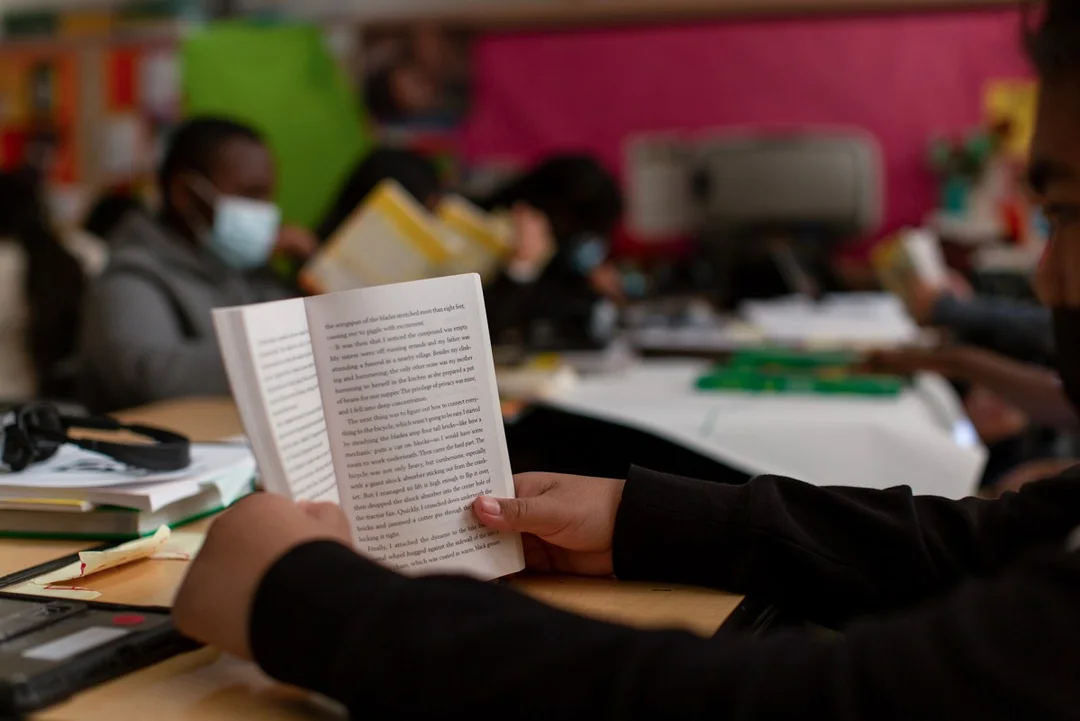
Is Phonics the Key to Solving America’s Reading Crisis?
In an era where reading proficiency is plummeting across the United States, a heated debate over teaching methods is reshaping education policies. With national reading scores hitting historic lows, states are grappling with whether phonics-based instruction—rooted in the 'science of reading'—holds the answer. This controversy isn't just about pedagogy; it's about the future of millions of students and the urgency to reverse declining literacy rates.

In California, a pivotal bill has emerged as a compromise in this ongoing battle. Originally aimed at mandating phonics instruction, the latest version of Assembly Bill 1454 opts for funding and support instead, making it optional for schools. Sponsored by key figures like Assembly Speaker Robert Rivas and others, the bill provides training and materials focused on phonics, vocabulary, and comprehension, while addressing the needs of English learners, who constitute 18% of the state's students. As Marshall Tuck of EdVoice notes, 'This will be a really good thing for California kids,' highlighting a rare bipartisan effort amid stalled reading scores.
Across the nation, the shift toward the 'science of reading' is gaining momentum, with nearly 40 states embracing phonics over traditional methods like 'three-cueing.' Yet, resistance persists. In California, English learner advocates and the California Teachers Association argue that a one-size-fits-all approach overlooks diverse student needs, emphasizing vocabulary and oral language development. Research supports phonics as effective for most learners, as seen in districts like Los Angeles Unified, where it's already in use. However, Scott Gaynor, head of a New York school for students with learning differences, stresses that curriculum alone isn't enough; teachers need comprehensive training to implement it successfully.
Comparisons reveal stark contrasts: States like Mississippi have seen literacy gains through evidence-based interventions, while others, such as Oregon and Washington, are still debating statewide models. The 2024 Nation's Report Card shows 40% of fourth graders below basic reading levels, underscoring the crisis. Critics like Tafshier Cosby from the National Parents Union call for literacy to become a statewide priority, not just local fixes. Despite opposition, proponents argue that structured, systematic instruction builds confident readers, as evidenced by Gaynor's programs where teachers reported improved student outcomes after targeted professional development.
In essence, the 'science of reading' debate reflects broader tensions in education reform—balancing science with the art of teaching. As reading scores stall, the question remains: Can phonics bridge the gap, or does it risk alienating vulnerable students? This evolving story invites deeper reflection on how we equip educators and students for success.
In conclusion, while California's compromise marks progress, the national push for phonics highlights the need for adaptive, well-funded strategies. What do you think—is phonics the ultimate solution, or should we prioritize flexibility in teaching? Share your views in the comments and help spread this discussion.